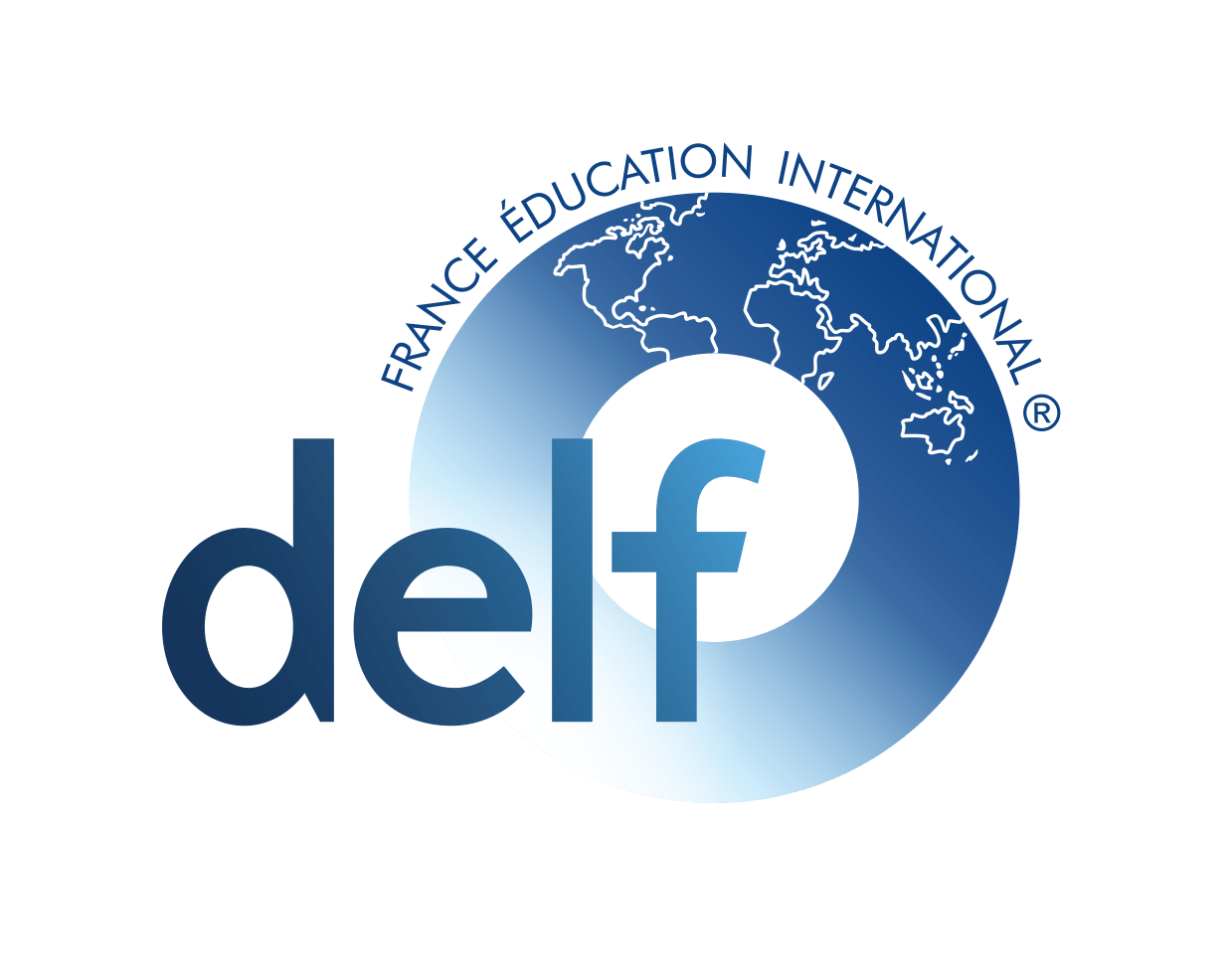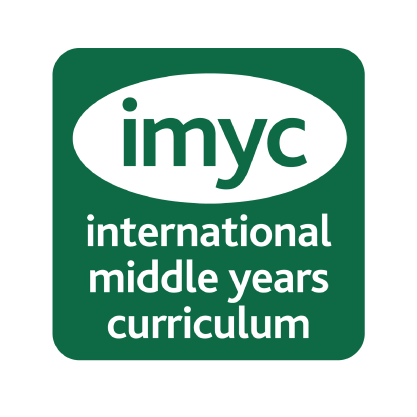ECO ESCUELA
Fontenebro International School obtains its qualification as an Eco-School
Fontenebro International School, received in 2017 the Green Flag of ADEAC (Association of Environmental and Consumer Education) once all the requirements imposed by the Association for its qualification as an ECO-SCHOOL were met.
The School has carried out an arduous learning process among the students and a broad task of raising awareness among the entire educational community, reviewing those aspects in which the School could improve its environmental impact, reduce the amount of waste produced and proposing alternatives for that recycling and reuse are part of their culture and educational project.
FEE and ADEAC Eco-school Plan
Already in 2015, we consider that awareness in caring for the environment should also be part of our educational project, for which we began the audit process required by the ADEAC to achieve all the necessary requirements imposed by the organization, achieving certification as an Eco-school and the Green Flag in 2017.
In this sense, our school encourages responsibility in caring for the environment among our students, teachers and families who participate in numerous awareness programs that have been developed and supervised by students and teaching staff.
As Ecoescuela “it is in our educational commitment to carry out an important work of awareness for the defense and care of the Environment among our entire educational community (families, students and teachers) integrating this awareness work in the learning and educational process of our students” To this end, a learning curriculum called Green Learning has been created, integrated into our educational project and which affects all stages from Infant to Baccalaureate.
What actions have we launched in our Eco-school in Madrid?
– Creation of an Ecological Patrol (composed of students who supervise compliance with the basic rules of management and responsible consumption of resources by the Center) and propose new initiatives to Management
– Increase in outdoor learning sessions using the resources of nature (Outdoor Learning).
– Cleaning of waste from the environment by our students in collaboration with the City Council
– Elaboration of our own compost with waste from the dining room.
– Creation and care of school gardens by the students themselves – replacement of light points with LEDs in many of the areas.
– Installation of flow reducers in the taps that produce a reduction in consumption of 86%.
– Collapse of walls to facilitate the entry of natural light.
– Sponsorship of a chimpanzee (Anzac) at the Jane Goodall Institute.
– Installation of solar panels on the roof. With this initiative, it will avoid emissions of 40,700 kg of CO2, and will generate energy of 113 MWh, thus consuming only solar energy during the months of June to September and covering almost 70% of its total energy demand with energy in the winter months.
– Creation of the Eco-school Committee made up of teachers from all stages for the implementation of learning projects and initiatives throughout the year (created in 2016).
Objectives of our Eco-school
The learning objectives for our students drawn from the “Eco School Committee” group are:
- Develop a real “Code of Good Conduct”, so that it is present in the day to day life of the school, achieving energy and water, as well as a reduction of waste and an increase in recycling and reuse of the same.
- Discover the importance of waste control and create habits in students regarding reduction, reuse and recycling.
- Extend waste separation practices to the family environment.
- Raise awareness of the need for a responsible use of water, through the discovery of its necessity and importance.
- Raise awareness and alert to the socioeconomic trend of excessive consumerism, introducing them to the issue of energy, through the work of alternatives to toys with reused materials, traditional games, use and disposal of batteries…
- Improve the environment, instilling, through our “Jardín de Juanita” and outings to the environment, an environmental culture.
- Sensitize the Educational Community on Environmental issues, ensuring that experiences and learning continue beyond the limits of our Center.
- The role of students and families in the Committee. Most of the actions that are developed start from the interest of the students, without them they would not make sense. Families have a fundamental task of accompaniment, suggestions and participatory support to the Committee.
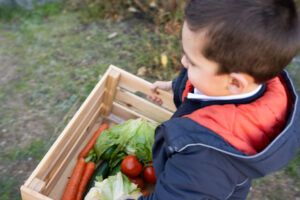
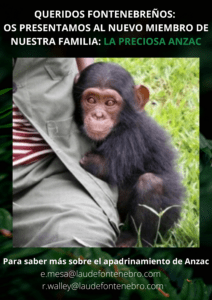

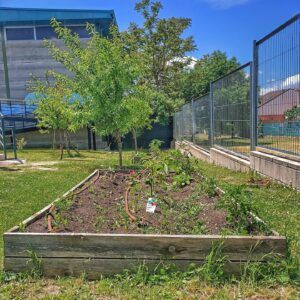

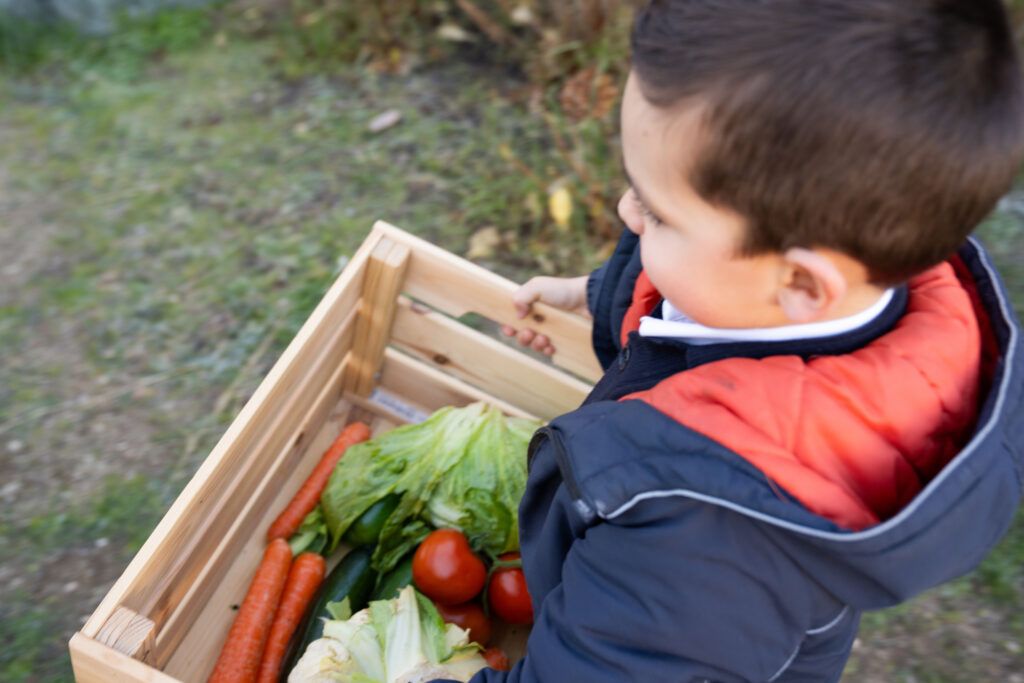

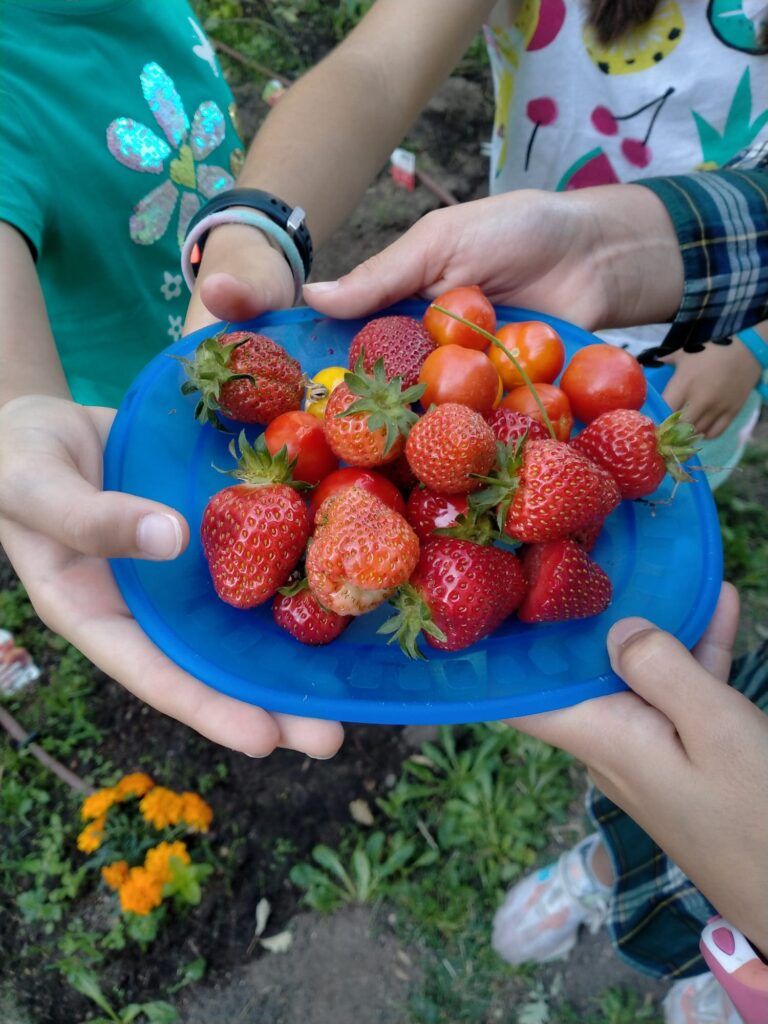
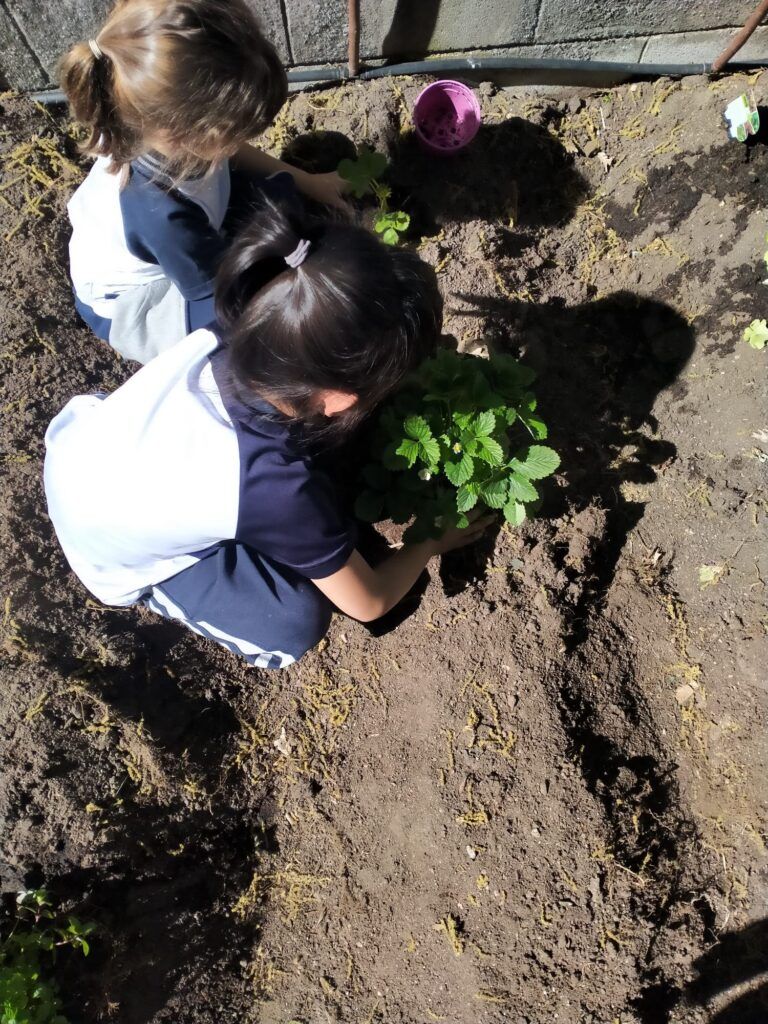
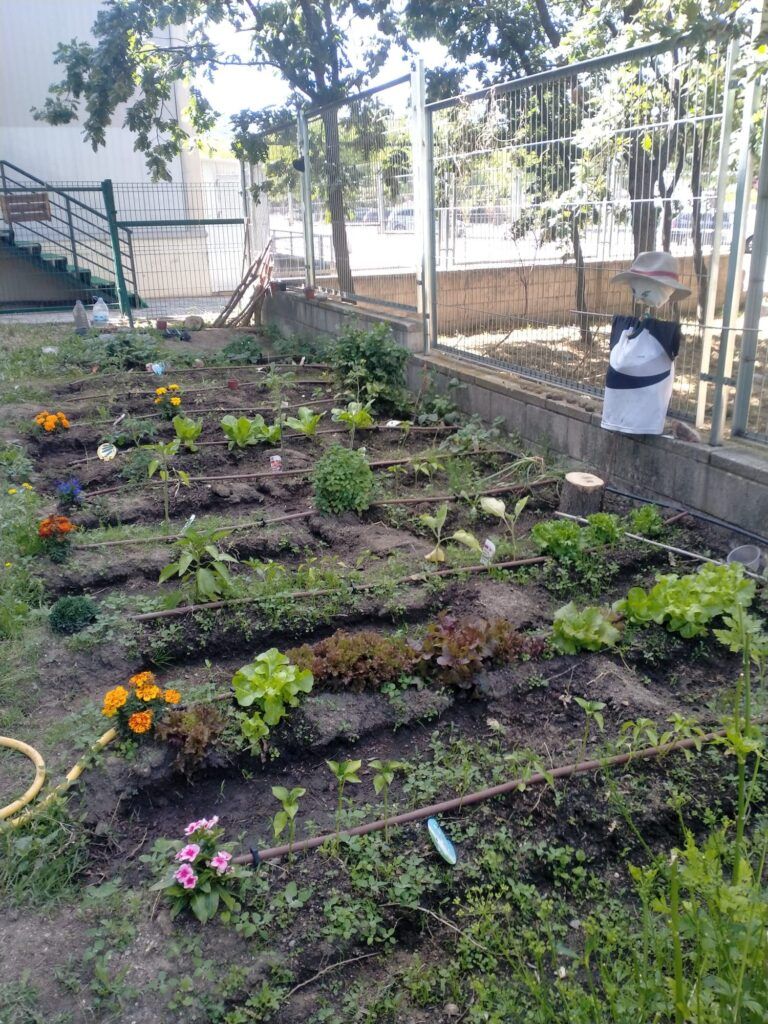
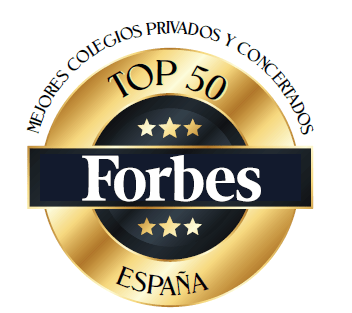
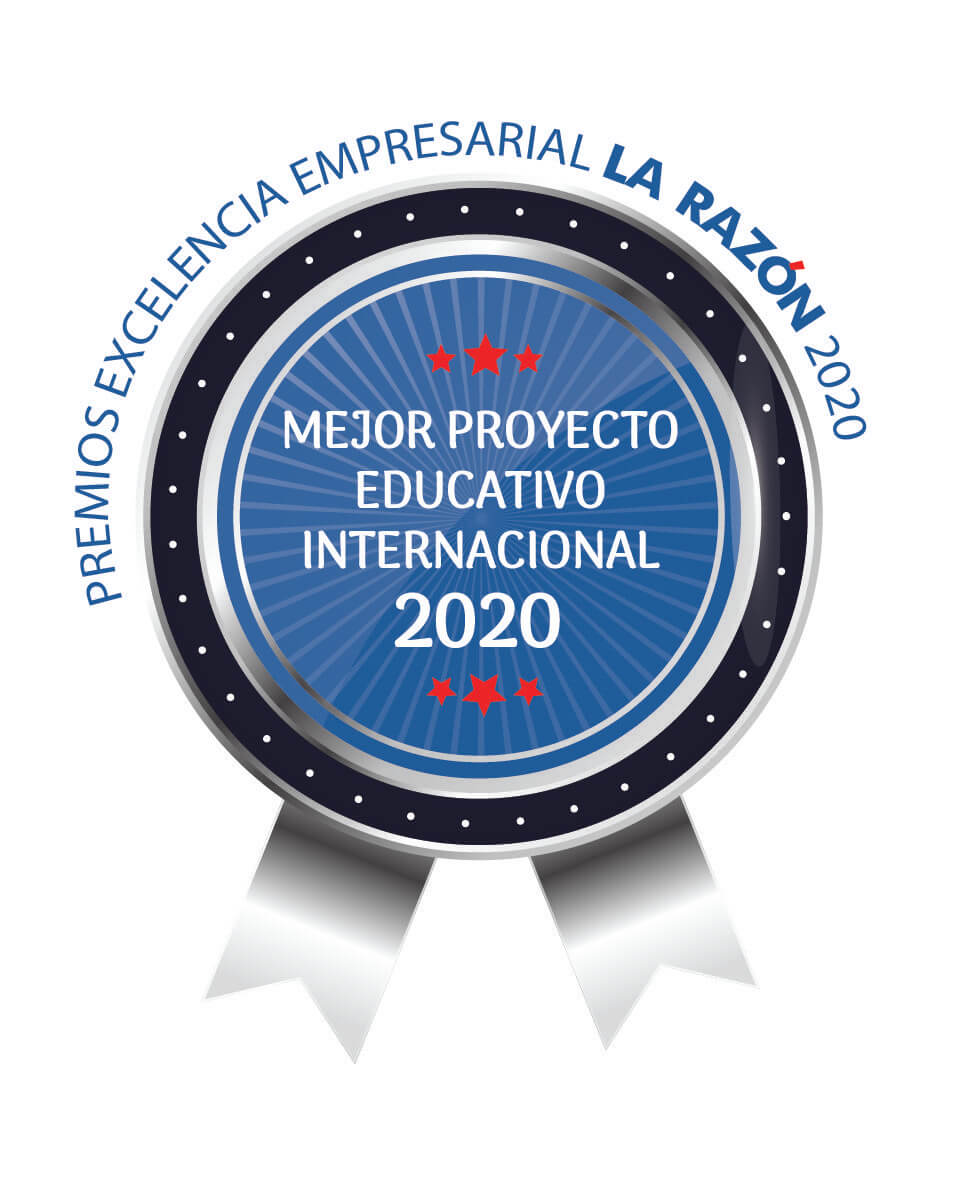
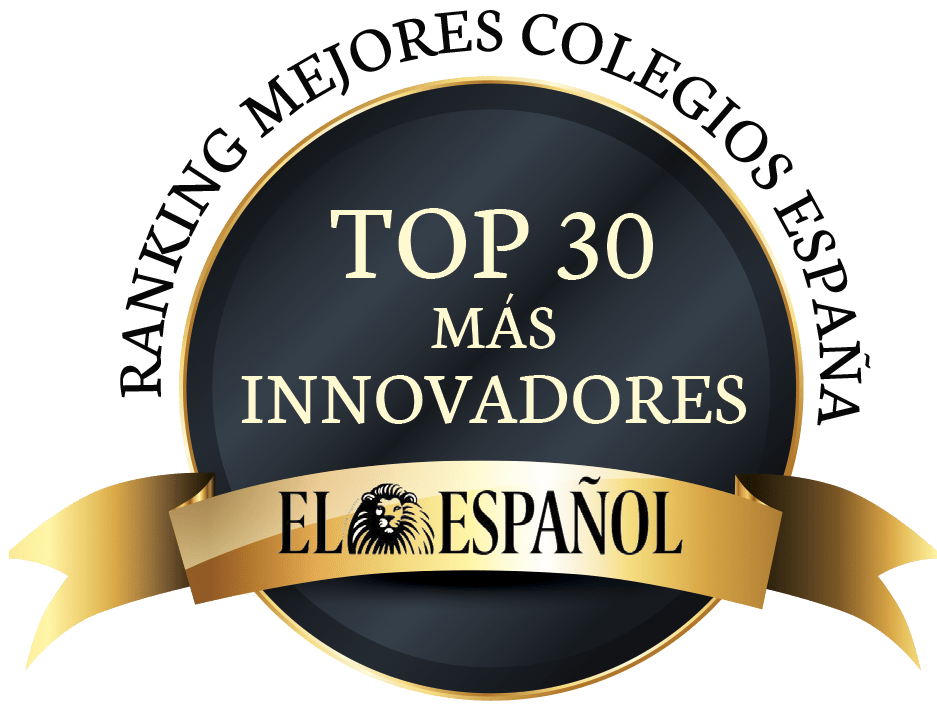
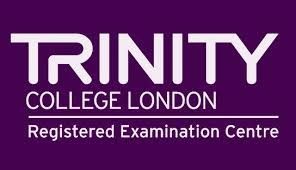

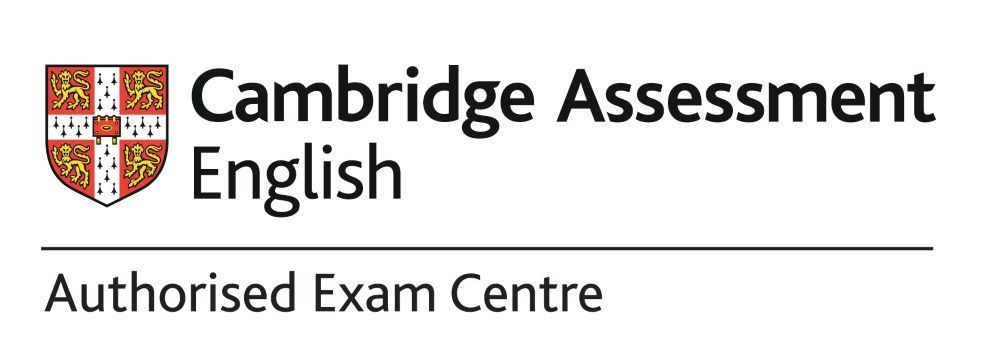
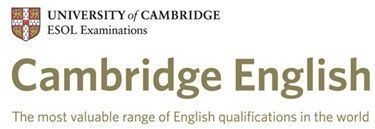


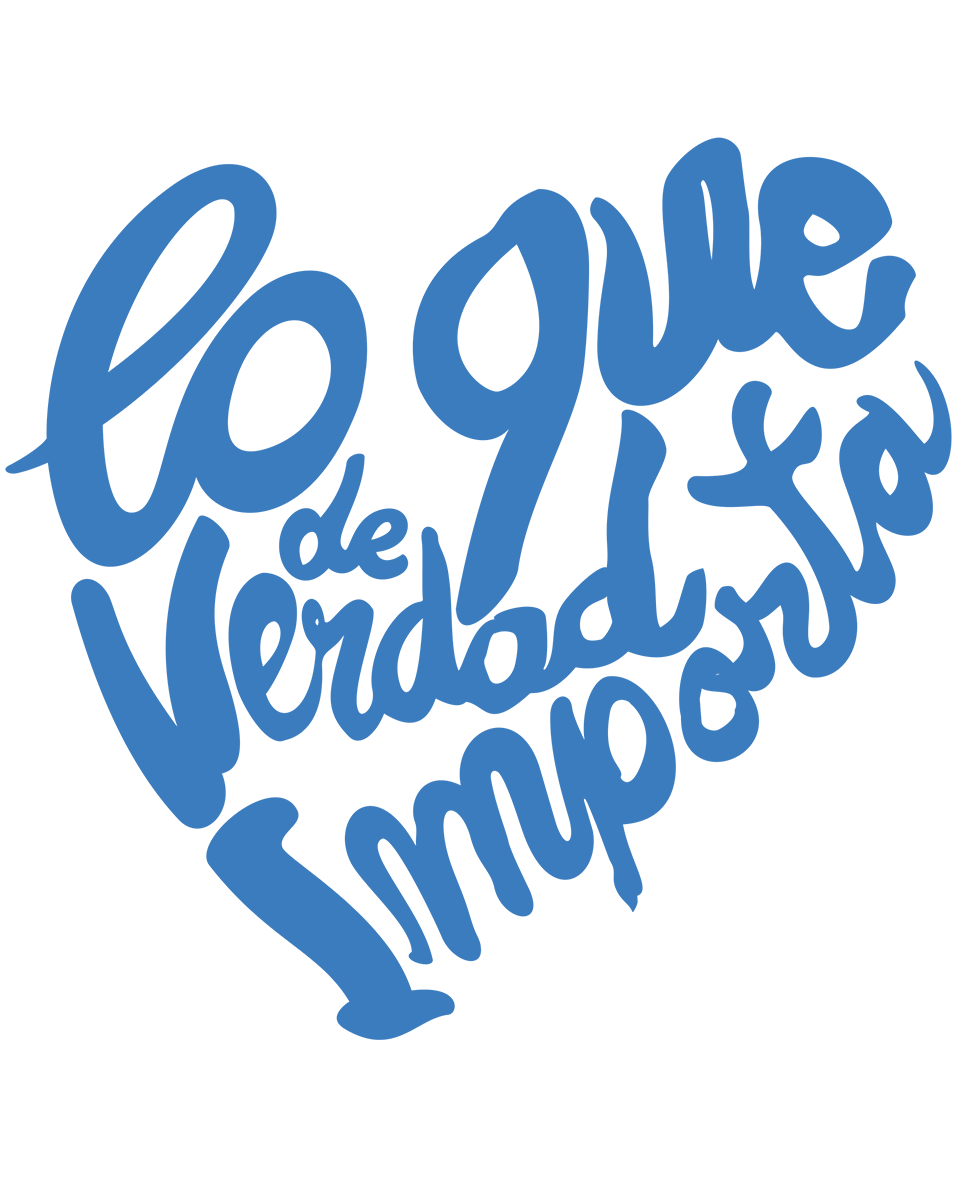
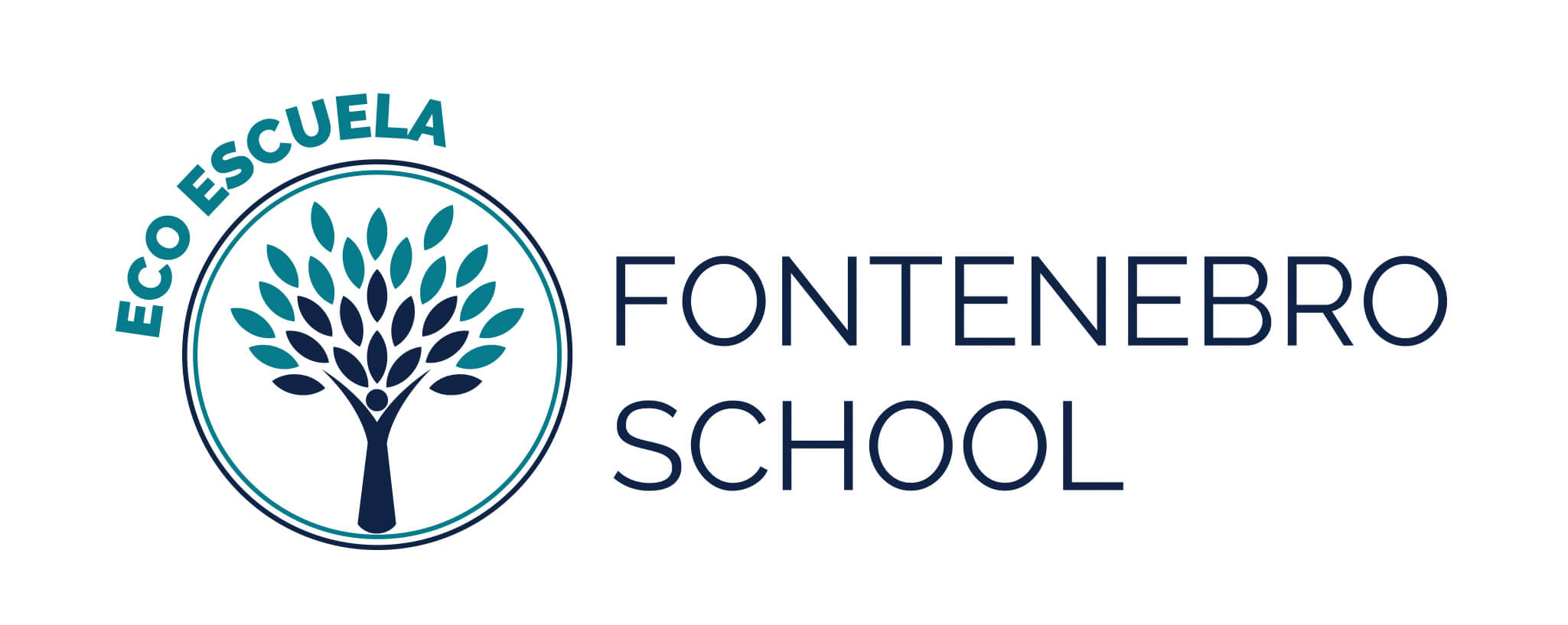
![BAPParentLogo[5]](https://fontenebroschool.com/wp-content/uploads/2020/09/BAPParentLogo5.png)
